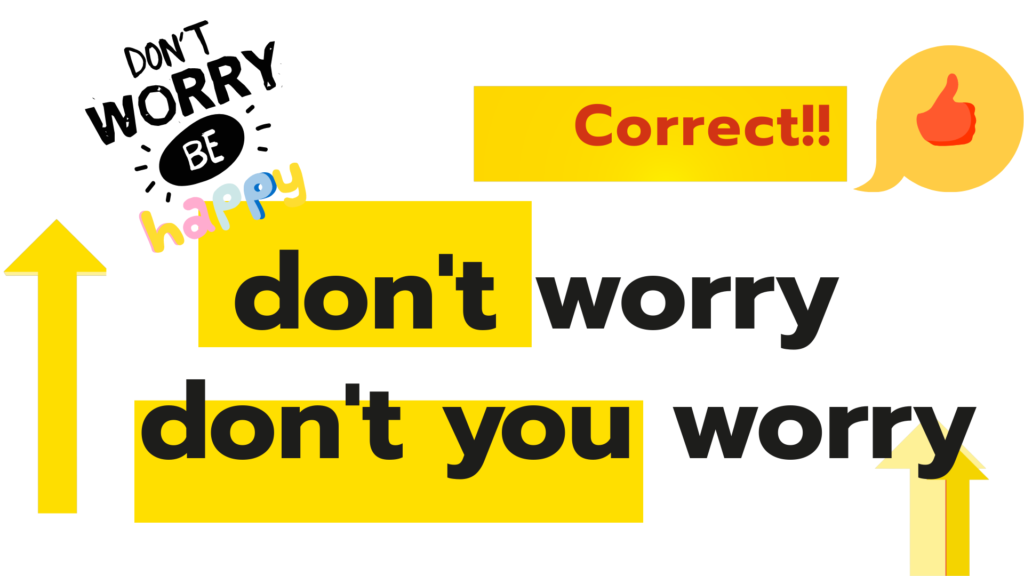Irregular singular nouns and plural nouns | English nouns | learn English with English2get
In English, singular nouns refer to one person, place, thing, or idea, while plural nouns refer to more than one. Understanding the difference between singular and plural nouns is important for constructing sentences and communicating effectively in English.
To form most plural nouns in English, you add an "-s" to the end of the singular noun. For example:
Singular: book
Plural: books
Singular: cat
Plural: cats
Singular: city
Plural: cities
However, there are some irregular plural nouns that don't follow this rule. For example:
Singular: child
Plural: children
Singular: foot
Plural: feet
Singular: mouse
Plural: mice
Singular: tooth
Plural: teeth
Additionally, some nouns have the same form for both singular and plural. For example:
Singular: deer
Plural: deer
Singular: fish
Plural: fish
Singular: sheep
Plural: sheep
When using plural nouns in English, it's important to use the correct verb form and pronoun agreement. For example, if the subject of a sentence is a plural noun, the verb that follows must also be in the plural form. Similarly, if you are referring to a group of people or things using a pronoun, the pronoun must be in the plural form as well.
In this video, you will learn all about irregular singular and plural nouns. This video covers regular singular nouns, regular plural nouns in English.
Related posts
How To Greet People in English
Beginner8 Daily Routines in English
Subscribe for more videos to help you learn English like a native English speaker with English2Get! https://www.youtube.com/@english2get


